The United States celebrates November 11 as Veterans Day, designated to recognize and honor people who have served in our armed forces. (This is historically Armistice Day, the end of World War I.) I remember the veterans in my life- my late father, my husband, cousins and many friends.
I especially remember my late friend Bill. Bill served in the Army during World War II , part of the force that invaded Normandy France in June 1944. I recently read a memoir he wrote about his military experiences.
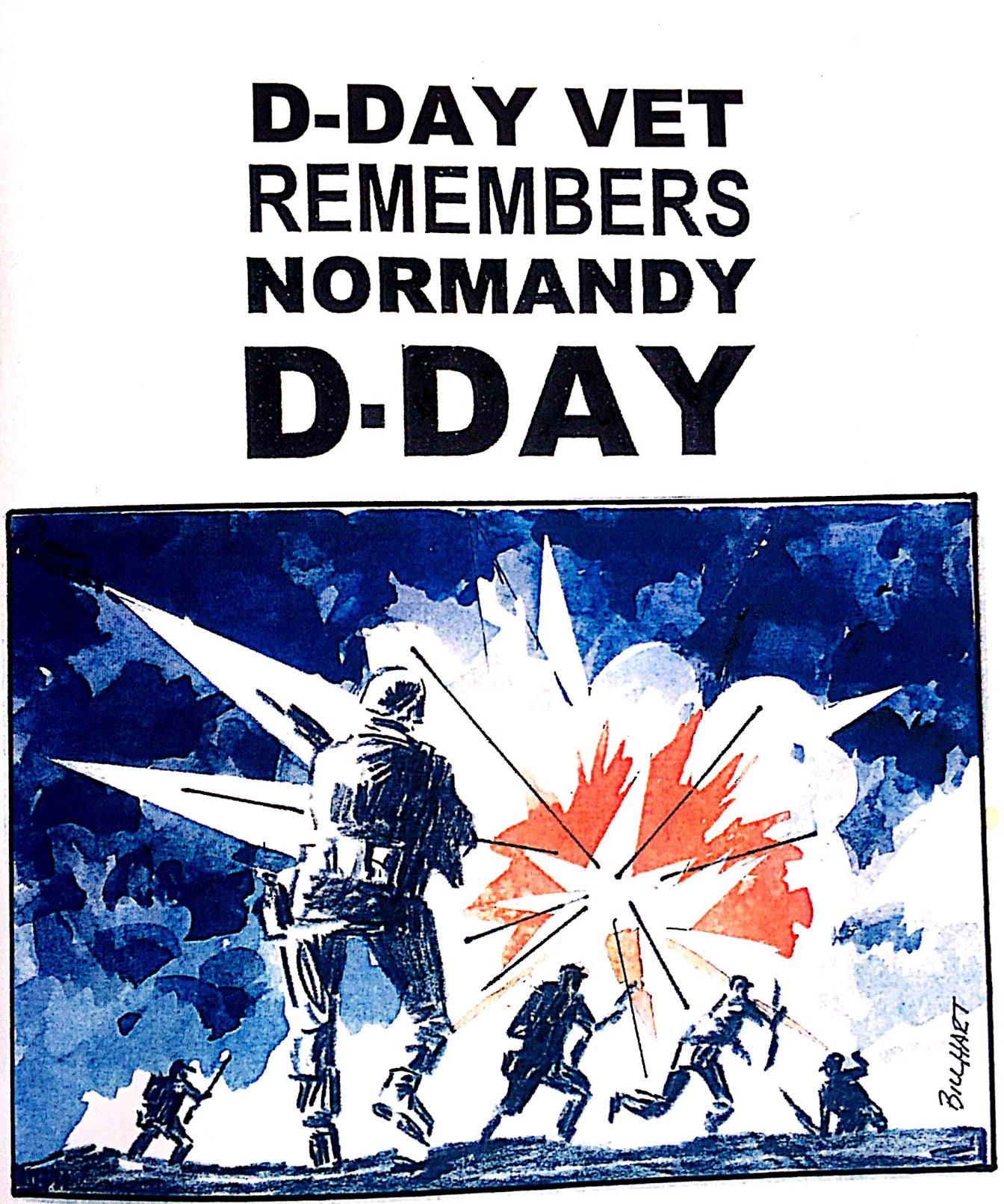
As a 20-year-old he joined the Army in 1943, deployed to England and prepared for the invasion. What he thought would be a grand adventure turned into a nightmare which he vividly captured in his book.
Several days into the fighting on the beaches at Normandy, he was assigned to pick up and transport the bodies of fallen soldiers. Thereafter, as he worked his way across France and Belgium into Germany, he found himself dodging enemy soldiers, liberating concentration camps, dealing with angry and defeated POWs, and famished, humiliated civilians struggling to survive. Bill described what he saw and felt this way.
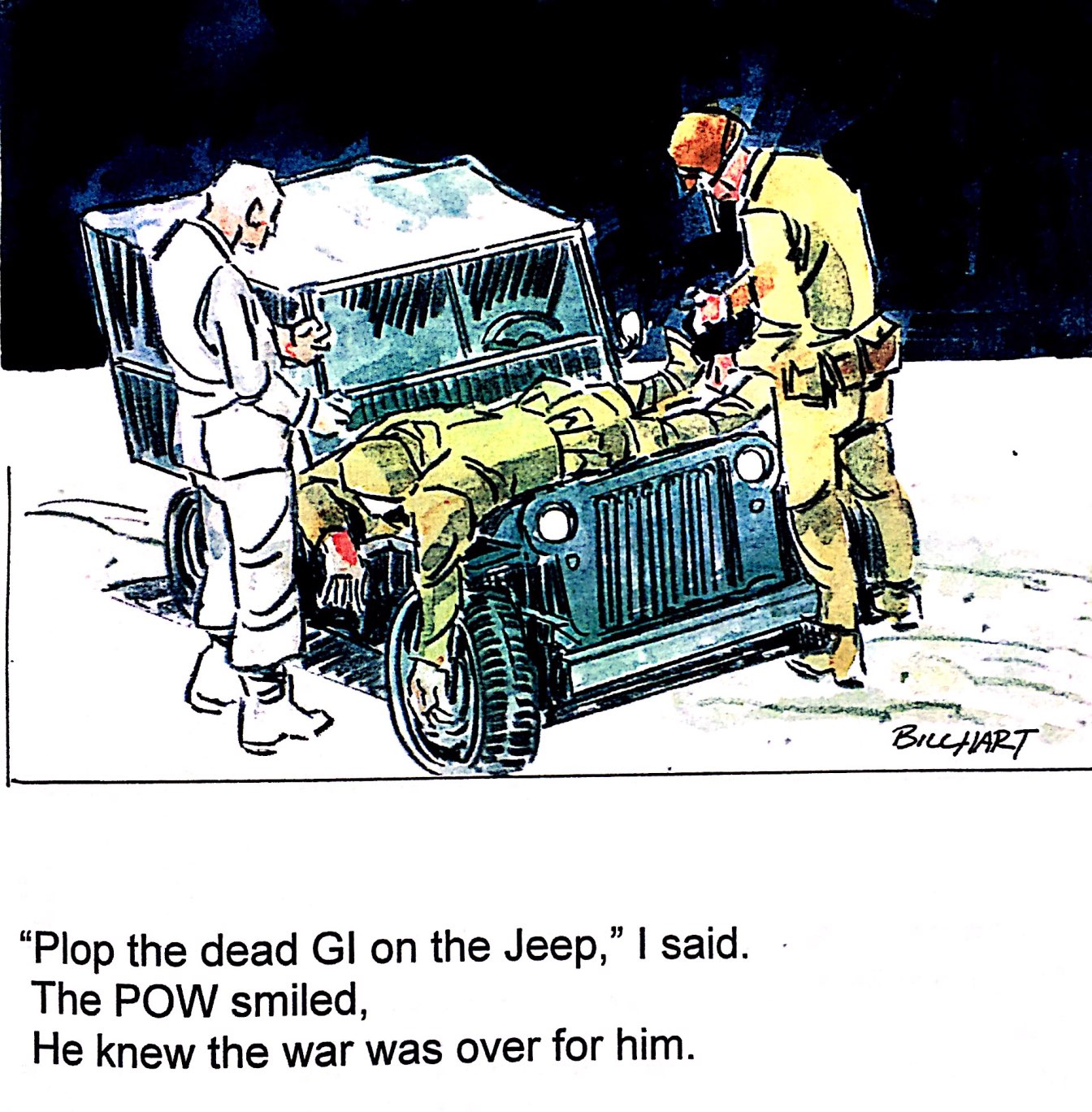
“At night I would think about the poor GI’s family when they got the news of his death. I tried not to think too much about this “dead guy” job. It seemed to go on forever. For the next month and a half I was really alone, not attached to any outfit. I found my own food, water, gas for the Jeep and slept alone beside the Jeep in an open field. I shaved with cold water in my helmet and used my Jeep mirror to see.
The Germans were always near. I was scared I would be killed or captured. “Who knows where I am? Who would tell my mother if I died?”
In the beginning it had been exciting being alone with the invasion action all around me. But now I have panic attacks and nightmares of the dead bodies waking me as I sleep in the open field alone. Most GI’s have other soldiers around them to feel safety in numbers. I had no one. I can’t get their dead faces out of my mind. I wait for the bright morning sun to erase the terrible images.”
After the war, Bill established a career as a commercial artist. Art provided not only a living for him and his family but also an outlet for dealing with the distressful memories of the war. He created an extensive portfolio of drawings and paintings depicting images of what he saw and experienced. By expressing his feelings on canvas, he released some of their distress.
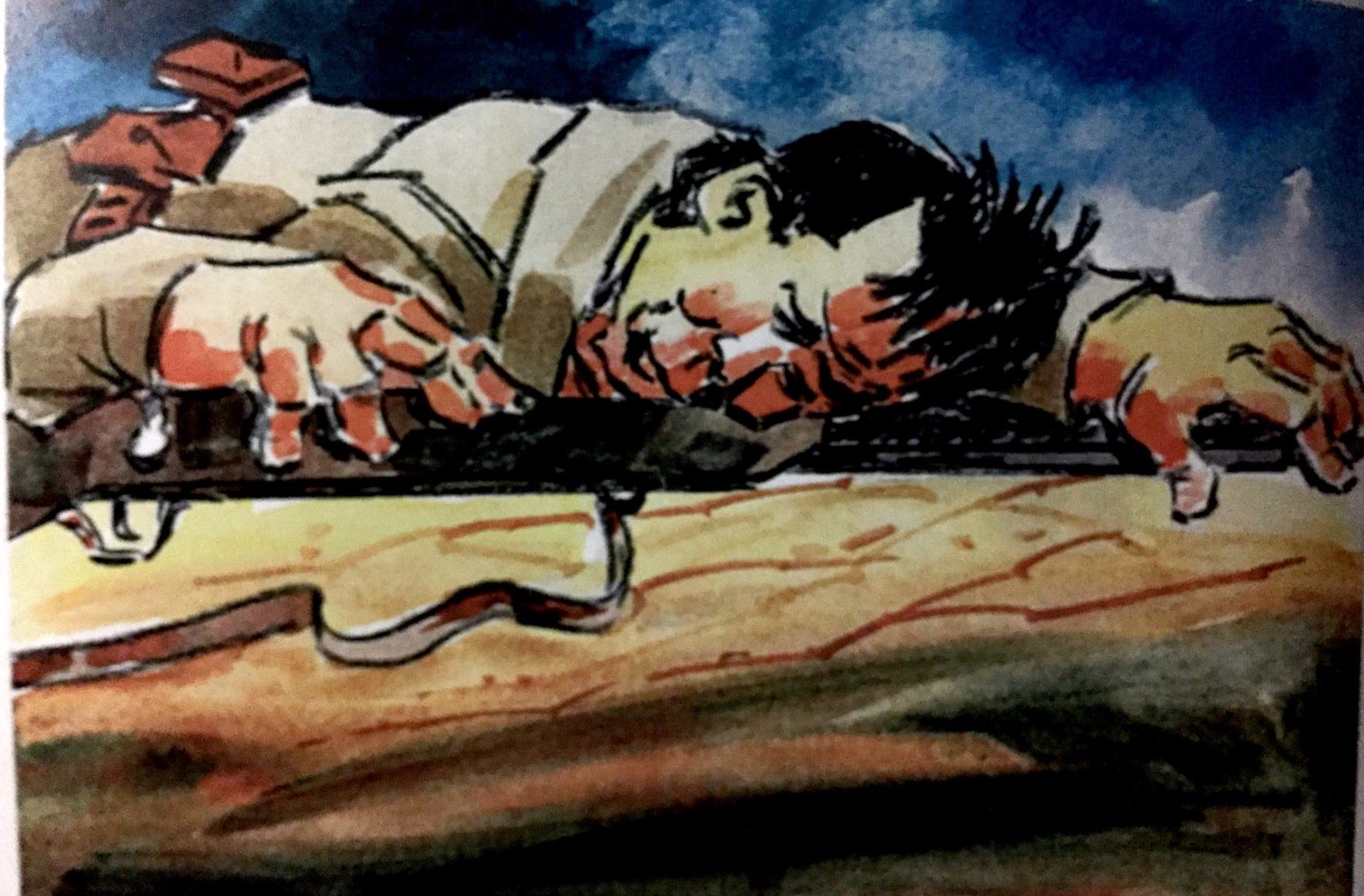
“Later I forced myself to stop thinking about the “dead guys” experience and eventually forgot it. 62 years later, in 2006, when I applied for compensation for war injury during the Battle of the Bulge, the woman who interviewed me kept telling me I was leaving something out, something from my past. I finally remembered after much writing about my remembered events in the 1944 and 1945 war period and was diagnosed with PTSD.
I believe, the greatest event of the 20th century took place during the June 1944 D-Day Normandy Invasion. I am very proud of being a small part of that great historical event that will always be remembered.”
Quotes and drawings from Bill’s memoir, D-DAY VET REMEMBERS NORMANDY (copyright) used by permission of his late wife Greta
Bill was proud to be a World War II veteran and I count it a privilege to know him. He was a kind, gentle man who loved God, his family and friends. He is missed by all of us who love him.
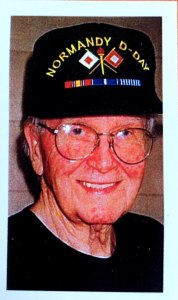
POST-TRAUMATIC STRESS DISORDER-PTSD
Once known as “shell shock” or “battle fatigue”, post-traumatic stress disorder, PTSD, has become the most common post-military service disorder. Although it also occurs in civilians who experience severe trauma, it has been defined, studied, and treated among current and former service members.
PTSD develops after exposure to or experiencing significant traumatic events such as interpersonal violence, death or threat of death, serious accidents, disasters, and combat.
There are 4 types of symptoms-
- Intrusions, such as flashbacks, nightmares
- Avoidance- isolating oneself from people and/or certain situations
- Negative mood changes, such as irritability, anger and depression
- Hypervigilance- being easily startled, always on edge
PTSD can also lead to depression, anxiety, alcohol and substance abuse and suicide.
It is also frequently associated with traumatic brain injury (TBI) and chronic pain.
The National Center for PTSD (Veterans Administration) is dedicated to research and education on trauma and PTSD, working to ensure that the latest research findings help those exposed to trauma. They offer extensive information and resources at this link
PTSD: National Center for PTSD
Here is another story about a veteran who confronted PTSD- my husband Raymond
From bullets to blessings-one man’s journey to recovery from war
I didn’t want to ever go to Vietnam again when I came home in 1972 after a one-year tour of duty with the United States Army. I was stationed with the Americal Division, 3/18 Field Artillery Battalion near Tra Bong, a major village located about 25 miles west of Chu Lai, the headquarters of the…
exploring the HEART of health
If you know someone affected by trauma, you may find this helpful.
I’d love for you to follow this blog. I share information and inspiration to help you transform challenges into opportunities for learning and growth.
Add your name to the subscribe box to be notified of new posts by email. Click the link to read the post and browse other content. It’s that simple. No spam.
I enjoy seeing who is new to Watercress Words. When you subscribe, I will visit your blog or website. Thanks and see you next time.
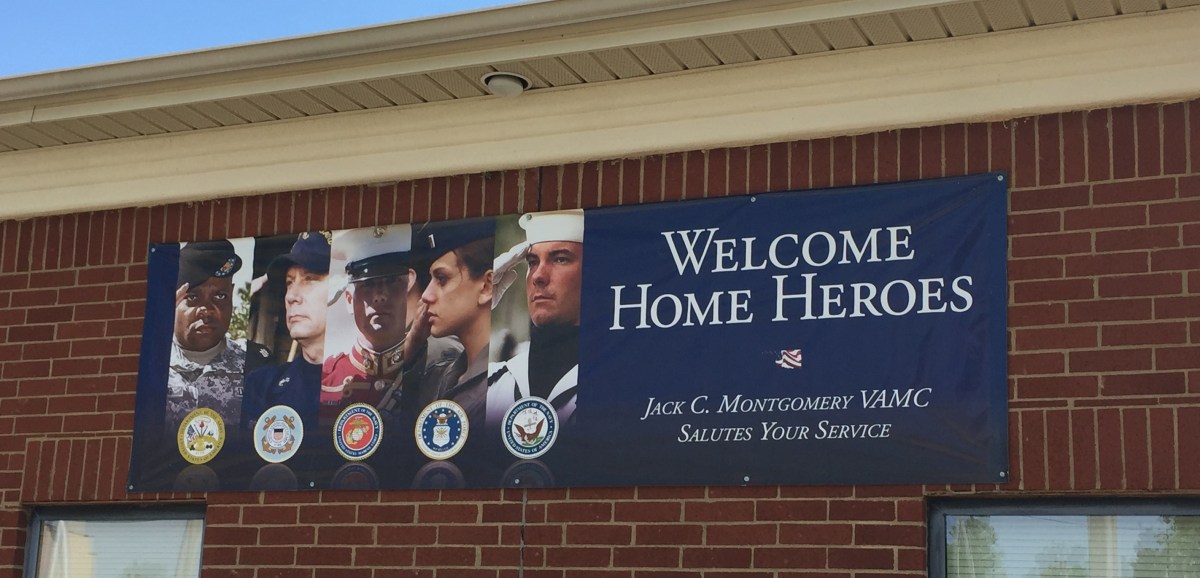


My father was a WWII vet not of combat but he came out with a head injury that left him suffering from seizures the rest of his life. I have thought about what combat vets I do know went through, because they rarely talk about it. I know two women whose sons fought in Iran/Afghanistan and suffer from PTSD. What a toll we all suffer from war – the vets, and their families.
LikeLike
I appreciate your father’s service; my father also fought in World War II. I feel sad for your friends and their sons, what a price they have paid to serve our country. Truly, there are no winners in any war. Thanks for reading this and sharing your insights.
LikeLike